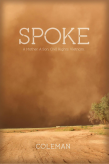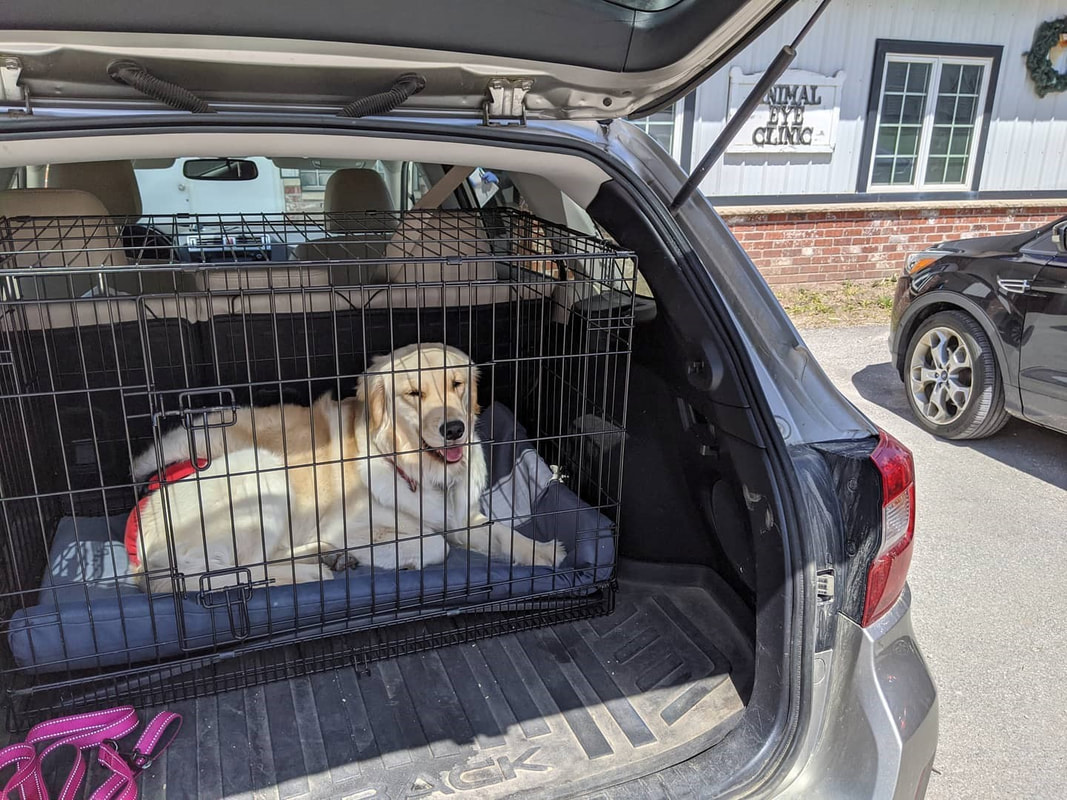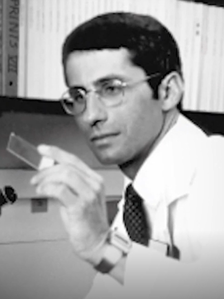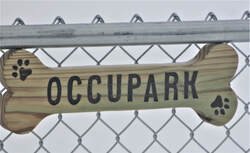I’ve never understood the concept of ‘survivor’s guilt’. I’ve read about it. Most likely I’ve met some people who suffer it, though I couldn’t tell you who that might be. I have reason enough to have it myself, I suppose. And yet … I don’t. Never have.
I have now survived 40+ years of HIV infection. The ‘+’ is because I can’t be sure exactly how long I have been infected, but I do know that 40 years ago, in 1983, I volunteered for an NIH study on a new disease that hadn’t been named yet, a disease that was killing gay men. That year, and every year since, I went to a Chicago clinic and let a nurse draw 18 tubes of blood from my body. Six tubes were tested immediately for various things, like WBC and STDs, etc. The other twelve were frozen for future testing, as science on the disease progressed. I’ve been a willing NIH guinea pig for 40 years. I’m patient 20034. The ’2’ indicates I was part of the Chicago cohort in the study. The ‘34’ identifies me as patient 34.
By 1988, five years after I first gave blood samples to the NIH, two things had happened to change the landscape. 1) The virus HIV had been identified, and a test had been manufactured that would test for the presence of the virus in a sample of blood; and 2) a treatment for HIV was available. The treatment was a drug called AZT. Until AZT there was nothing anyone could offer to people with HIV, so there was medically no reason to know your HIV status. It later turned out that AZT was a horrific drug, that caused harm more often than it did good, but in 1988, this was not yet known.
In 1988 I asked the NIH to inform me of the HIV status going back to my first blood donation in 1983. I was positive. I had been HIV positive for at least five years already, possibly longer. This also meant that statistically, I was dead, or should have been dead. In the 1980s, and in the 1990s for that matter, almost everyone who was infected with HIV died within two years, three tops. And the deaths were not pretty. I knew. I had been to enough hospital rooms and held the hands of enough dying friends to get the message.
But here I was at five years infected, and no sign of AIDS. I was an anomaly. I still am.
The first thing I did upon learning my HIV status, at the age of 35, was get my affairs in order. I drafted a will. I purchased two life insurance policies naming my son as beneficiary. Then I waited to get sick. But not for long. A week or two after the initial shock it occurred to me that something was going on in my body that was keeping the virus at bay. I didn’t know what. No doctor knew what. So, who knows, maybe, just maybe, I might survive.
It was another ten years before I went on any HIV medication. My doc, an HIV specialist, recommended it, and I trust he knows more than me about these things, though I still have some doubts about whether or not I need medication. HIV meds often produce ill effects in the people who take them. I’ve mostly been lucky and not had such ill effects, except for one drug, the first version of a popular HIV drug knows as Truvada. Truvada wrecked my kidneys and the kidneys of a lot of other people before it was reformulated. It’s now the most popular PrEP pill, a pill taken by sexually active gay men to prevent infection by HIV. These days I’m on a drug regimen that is kind to kidneys. It’s called Odefsey. Each day’s pill costs roughly $150. Fortunately, my insurance covers it, after I pay about $6000 annually for the deductible. Do I need it? I’m still not sure.
It is estimated that since 1981, more than 700,000 people in the US have died of AIDS, and more than 35 million globally. I have not been among them.
I often think of men I knew who did not survive HIV. My first lover, Ray, who died an excruciating death in a time when only two hospitals in Chicago would even admit AIDS patients. My roommate, Chris, whose mother moved to Chicago from Boston to bathe and feed her grown son who was unable to perform the simplest tasks for himself. My friend Eli, who hid himself away when he became ill. I didn’t even know Eli had AIDS until I was invited to his funeral.
Any of those could have been me.
But I went on to have a fulfilling, adventurous life. I’m 74 years old now, soon to be 75. And I’m not done. I survived - not because of some quality that I possess, or some action that I took, but by pure dumb luck.
I survived.
I’m grateful as hell. But not guilty.




 RSS Feed
RSS Feed